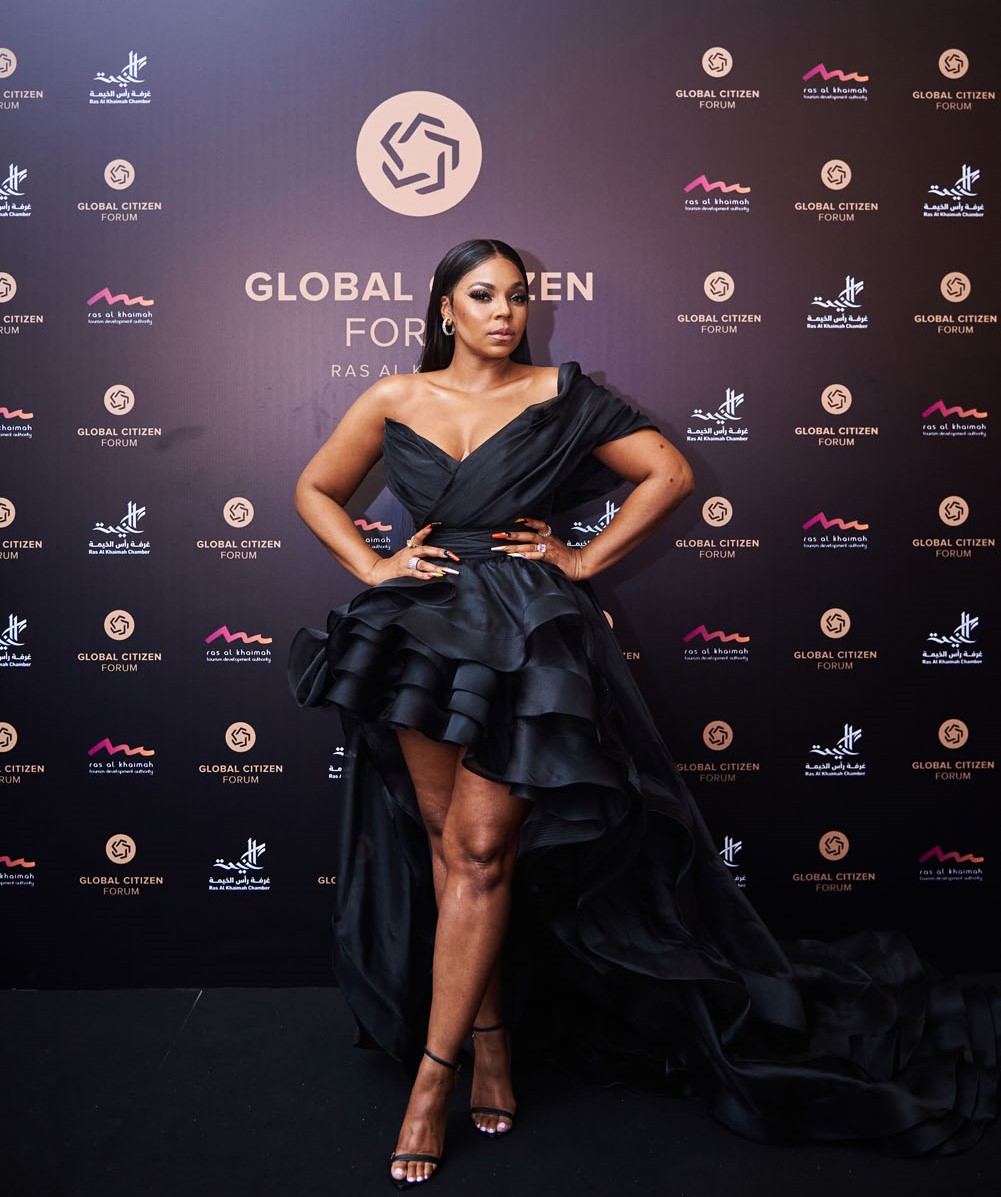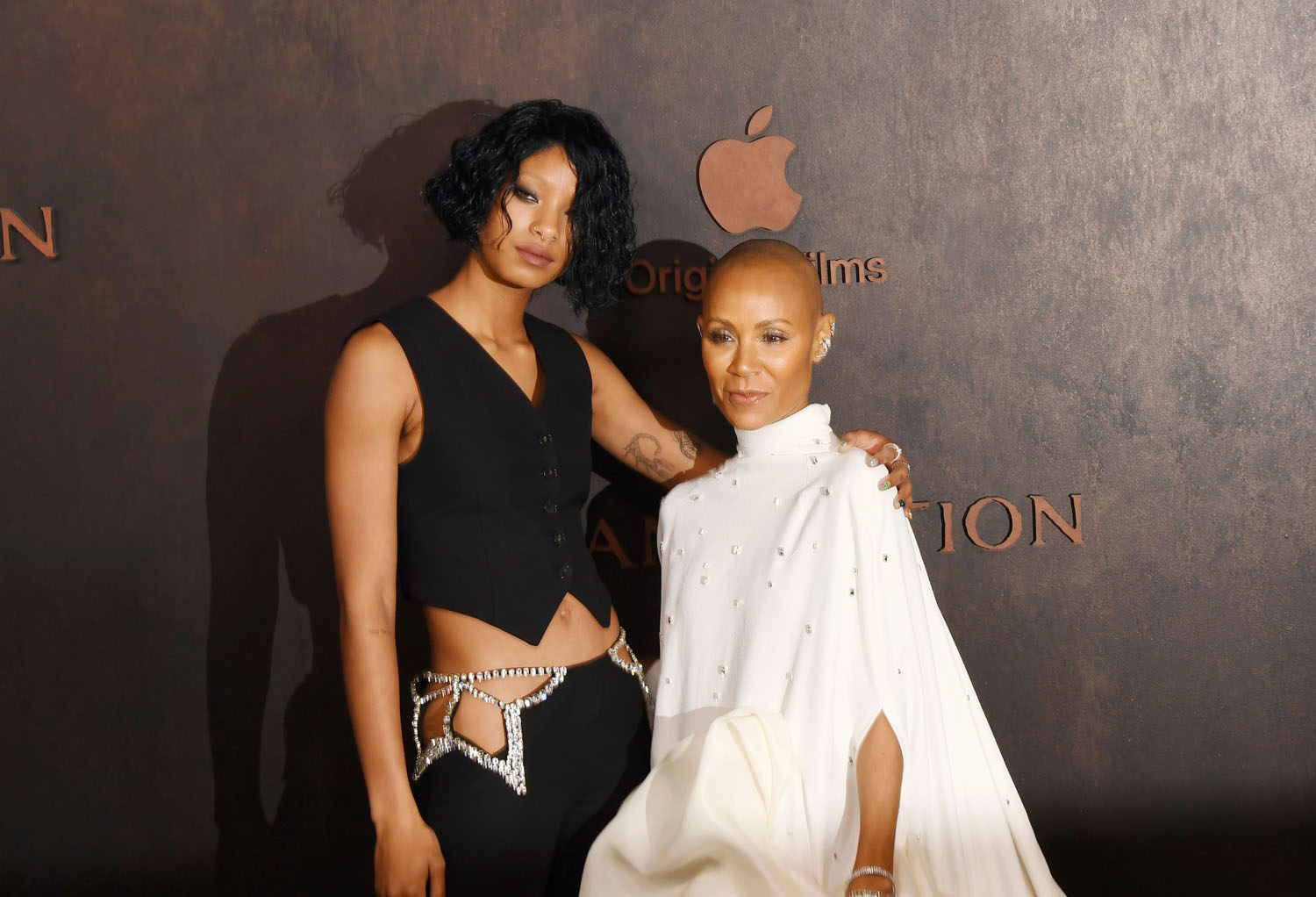Ashanti and the ongoing battle of women in music



R&B singer Ashanti appeared on The Breakfast Club recently to catch up with the hosts and reflect on her 20-year long music career. She shared stories about her family, past experiences and current projects, but it was her recounting of a story she initially shared in 2018 that’s highlighting a larger, ongoing issue in the music industry.
Ashanti shared that a producer she worked with once gave her an ultimatum – take a shower with him or fork over $80,000 for two songs they made together. Initially, she said she was told she wouldn’t have to pay for the songs, but when it came time to put the songs on a record, she was faced with the ultimatum.
In 2018, when the #MeToo movement was dominating headlines, Ashanti shared this story with Maria Menounos.
"I've come across a situation where there was a certain producer that, you know, he had his little crush or whatever, but it wasn't anything new," she said. "Going into the session and recording, it was all good, and once I said 'No,' all of the sudden the track became $45,000."
“Luckily, I have a bunch of really cool, scary big brothers,” she laughed. “And the way that that apology came in, I actually got three records for free…I got two of them mixed and mastered for free. But I had to call in the reinforcements.”
Despite Ashanti’s situation ending in her favour, she didn’t always experience such ease in escaping potentially harmful situations. And one in particular lasted for years. She’s repeatedly spoken out about her involvement with music producer Irv Gotti, someone she says manipulated and emotionally abused her for much of her early career.
In August, Irv was a guest on the Drink Champs podcast. During his appearance, he alleged he had a sexual relationship with the singer while he was married. He also shared the story of an alleged kiss the two shared in the BET documentary Murder Inc which aired over the summer. The responses to the clip of him telling the story seem to unanimously agree that he is scummy and holding onto whatever he can to stay relevant.
Something Ashanti said in the interview with Maria Menounos is worth noting, though.
“Unfortunately there are certain females that don’t have big brothers to call. With #MeToo, it’s encouraging women to say ‘I don’t have to do this. Don’t put me in this situation.’”
Though Ashanti has always been in the R&B sphere, the issues and experiences she says she’s had isn’t unique to the genre, nor is it only about sex. It’s about power and sexism. And it has been for decades.
In 1996, the Los Angeles Times wrote this article that chronicled the woes of music group TLC, who notoriously filed for Chapter 11 bankruptcy after a performance at the Grammys put them deeper into debt. There were several expenses racked up by the artists themselves, their dancers and road crew, not to mention the $1.3 million lawsuit Left Eye was facing after burning her man’s house down, but that’s a story for another day.
Despite being a chart-topping musical trio, they were broke – and a lot of that had to do with poorly negotiated contracts that saw them receive only 7% on the sale of each album. In other words, 60 cents per album sale. To add insult to injury, they didn’t even receive their 60 cents until the company collected all of the advances fronted for studio time, video production, radio promotion and tour expenses. According to analysts, that left them with about 20 cents per album sale, split three ways.
It’s been more than 25 years since TLC proved that your placement on the chart doesn’t equate to money in the bank. But what’s changed? Impossible contractual obligations and poor negotiations are still a staple in the music industry – and women are hit the hardest.
We’ve seen musicians like Meg Thee Stallion, Taylor Swift and Jojo speak out about issues accessing their masters, many being forced to rerecord and rerelease them. And who could forget the #FreeKesha movement, inspired by the toxic relationship between the singer and music producer Dr. Luke?
It’s sad that there are so many common threads between TLC’s experience back in the 90s, Ashanti’s experience in the early 2000s, and Meg, Taylor, Jojo and Kesha’s experience in the last decade or so. Despite them coming forward and raising awareness about predatory producers and record companies and the fine print on contracts, it all points to the fact that there is still not enough being done to protect female musicians.
The Los Angeles Times article suggested that record companies often make contact with new acts that are received well by the public and allow contract renegotiations – but most of the acts cited were predominantly male.
“In recent years, such budding stars as Green Day, Offspring, Boyz II Men, the Cranberries and Hootie & the Blowfish have all been given retroactive bonuses plus higher royalty rates in exchange for making an additional album or two,” it reads.
So what about the women?
Irv Gotti, though toxic and disgusting, functioned in the exact way entitled men do in society. There are striking parallels between his behaviour, Harvey Weinstein’s, and every other man who feels they’re entitled to women, their talents, their money and their bodies because they played a role in advancing their career, even if only in the slightest. And though there are speculations that he was the producer that gave her the shower ultimatum, we know they worked together for longer than she alluded to working with the man in question. Plus, there are just that many gross male producers out there that it was likely someone else.
While Ashanti lucked out by having her group of big, scary brothers to protect her – there are a lot of women navigating the outback of the music and entertainment industry as a whole without that sense of protection. And I hope that better systems are put in place so they can get back to focusing on their creativity instead of fighting the powers that be.
